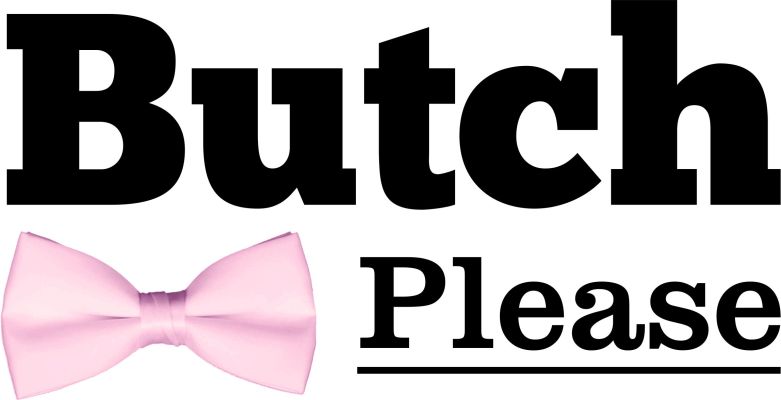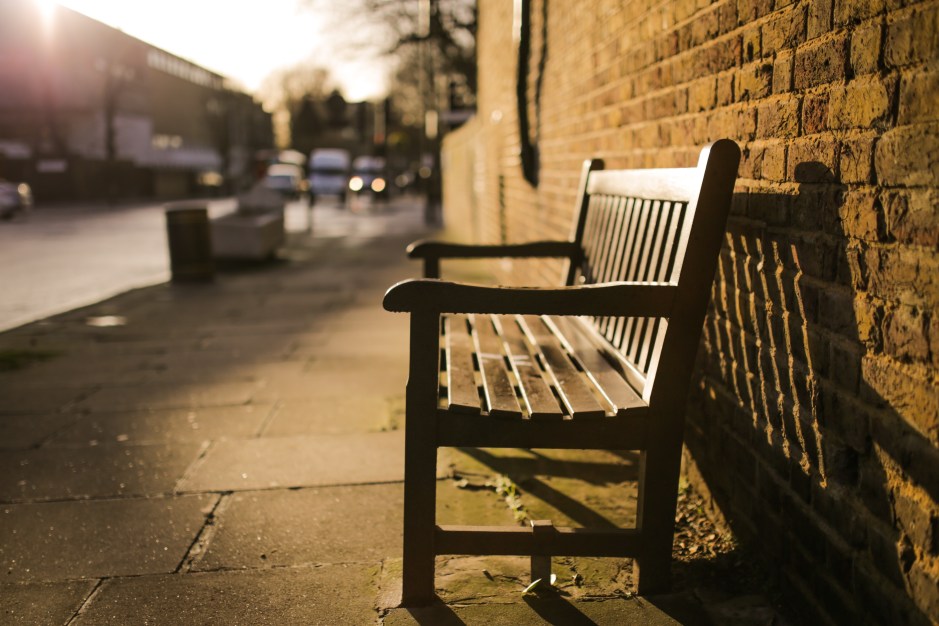(Originally posted on April 26, 2014 at I Dig Your Girlfriend)
Having a girlfriend is awesome.
Before Kate, I used to have an idea in my mind of what it would be like to be in a relationship. I was right about some of it, and wrong about some of it. I knew that being in love would be amazing, but I also worried that, as an introvert, I would struggle with not having enough time to myself.
Fast forward to now. It’s Saturday morning, and Kate has been out of town since Thursday. She isn’t due back until tomorrow evening. Old Mo would have relished this opportunity for quality alone time. Present Mo, on the other hand, started missing her before she even left, and cannot wait for tomorrow to get here.
I spent my single years imagining what it would be like to have a girlfriend. I pondered, and dreamed, and developed a myriad of assumptions that I would eventually be wrong about. There was one detail in particular that I had taken for granted. I had always figured that, when I finally did find a girlfriend, she would be a lesbian.
I was approximately half wrong.
Kate is bisexual. And more than once, I’ve heard her say that her orientation is invisible.
On its face, that notion might sound a bit ridiculous. Everyone’s heard of bisexuality. It’s orientation #3 in the all-encompassing acronym. It’s straightforward enough for even the most sheltered, heteronormative parents to grasp. Growing up in rural Nova Scotia in the 80’s and 90’s, I had no concept of how many different identities existed under the queer umbrella. But I knew about gay people, and I knew about bisexuals.
Bisexuals have the capacity to be attracted to and/or fall in love with people of any gender. It’s that simple. And yet it’s amazing (and discouraging) to hear some of the crap bisexuals have to listen to on a regular basis. Bisexuality is frequently seen as a stopover point between identities; not a legitimate one in its own right. Bisexuals are often told to “pick a side.”
A woman can struggle for years before finally working up the courage to come out of the closet. But no matter how bravely and clearly she tells the world “I’m bisexual,” there always seem to be people who think she’s really saying, “I’m actually gay, but trying to ease my way into admitting it.”
Prior to being with me, Kate had only dated men. As a result, for pretty much all of her dating life, the world has assumed her to be heterosexual. Now that she’s dating me, people assume she’s a lesbian. There are individuals in her life who regularly refer to her as a lesbian now, even though she has told them many times that she is bi. She corrects them, but only sometimes. It probably gets exhausting, constantly having to declare yourself to people who just nod along like they know better.
Back when I was still single, I was warned away from bisexuals. And the warnings weren’t coming from uneducated homophobes. They came primarily from other lesbians.
I was told to be wary of any woman who referred to herself as bisexual, because she might just be a straight woman temporarily indulging a curiosity. I was alerted to the perils of committing to a bi lady, since she could potentially “change her mind” and go back to men. To be safe, I was strongly advised to stick to dating lesbians.
This never sat quite right with me. My prospects were limited as it was; did I really want to reject a whole subset of queer women right out of the gate? Plus, I had a hard time believing that a bisexual woman would choose to pursue same-sex relationships if she had the capacity to simply opt out of the challenges of queer life all together and stick to dating men.
We queers all have unflattering stereotypes attached to our various orientations. Bisexuals are no exception. They’re labelled indecisive, and promiscuous, and untrustworthy. They’re portrayed as insatiable beings who could never be happy with just one partner; just one gender. Their plight is downplayed, because it’s believed that they have the option of fitting in with straight society if they so choose.
As a lesbian, I have been able to look at the greater queer community as welcoming; a haven where I can finally feel like I belong. But how could a bisexual ever truly feel that way, with so much misinformation being spread within the very community she wants to be a part of? How could she possibly feel welcome?
I can’t speak for bisexuals, because I’m not one. And I can’t apologize on behalf of lesbians, because I’m only one (and we don’t all think the same). All I can do is provide my one specific perspective.
I’m a gay woman, seven months into an extremely positive and life-changing relationship with a bisexual woman. We trust each other deeply, and our bond strengthens every day. We laugh together and cry together. We complement each other beautifully. We are an excellent fit.
If the day should ever come when Kate wants to end our relationship, it won’t be because she would rather be with a man. It will be because she would rather not be with me. She experiences me as an individual, not as a gender.
Kate has the capacity to love both men and women, but that doesn’t mean she needs both to be fulfilled. It just means she could have found love with either. Luckily, she found it with me.
I have all of her heart, just like she has all of mine. How could either of us need more than that?
Author



People keep telling me to wait a while and see how it all falls out, whether I stay in the middle or go to the left or right, as it were… thanks for this!
LikeLiked by 2 people
I really resonated with some things on your post. My girlfriend has been gone since Monday, not even a very long time. We both missed each other before she was even gone. A feeling I never imagined I could feel. Thank you!
LikeLiked by 2 people
Thank You for writing this. It’s good to know there are people in your corner. Your girlfriend is a lucky girl.
LikeLiked by 1 person
I love this! Thank you for saying what you’ve said and congrats to you and your girlfriend on finding love with eachother ❤️
LikeLiked by 1 person
Hi Mo, I have not commented here before, but as one who has also been subjected to so much of what you write about here I wanted to thank you for the appreciation and sympathy you show.
What Kate describes about her orientation being invisible is something that I have also experienced, just like the ‘pick a side’ you mention, or comments like ‘So you have finally come out as lesbian’ or ‘You are done experimenting now’ and other ones that imply bisexuality is more like being uncertain about one’s sexuality. All of these take away that my sexuality is valid, and in some moments this hurts a lot. I have been married to a fabulous man for several years by now, and for many around us this meant that I must have become heterosexual. At first I tried to explain that nothing has changed about my sexual orientation at all, but you are right, this is exhausting. Actually this is pretty frustrating, because often it was like hitting an invisible wall of preconceived ideas that I couldn’t get through.
I love what you write about your relationship with Kate, and that you do see how this is not about being with a man or woman, but only about being in love with an amazing and wonderful individual.
Nina
LikeLiked by 1 person
Thank you for speaking up for bisexuals! Life is easier when we’re welcomed and don’t have to do all the advocacy work ourselves.
LikeLiked by 2 people
Hi, just wanted to say the most widely used definition within the bi community for bisexuality isn’t that we are attracted to both men & women, but that we are attracted to the same and other genders. The first is a common misconception caused by a combination of erasure of our history, lack of community spaces, and non-bisexuals creating defining terms for our sexuality. Totes understand that no offense was meant and loved your piece besides.
LikeLiked by 2 people
I have made the wording more neutral.
LikeLiked by 1 person
Thank you for this, so very much. I’m a bisexual woman who has experienced a lot of judgement and prejudice from the queer community, especially lesbians. It’s heartening to see such an open-minded attitude. 🙂
LikeLiked by 1 person
Mo’s sister here … and I just had to say I love your username!! 😀
LikeLiked by 1 person
Very relatable – thanks for sharing words that need to be shared more often.
LikeLike
Best post, as a bisexual I appreciate it
LikeLike